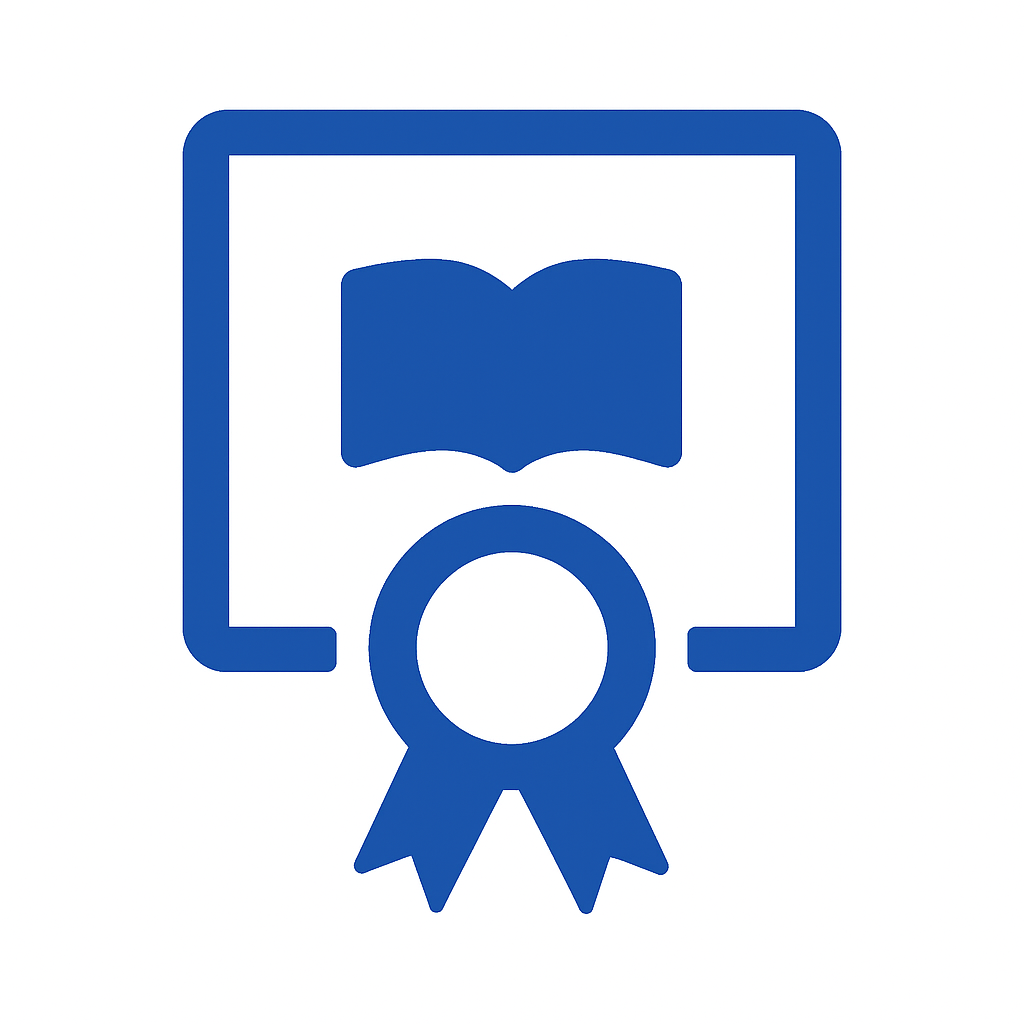- Secondary V diploma or its recognized equivalent
- Successful admission test
- A person who has received instruction considered sufficient by the college and meets any of the following conditions may be admitted to a program of studies leading to an Attestation of College Studies:
- the person has interrupted his or her full-time studies or pursued full-time postsecondary studies for at least 2 consecutive terms or 1 school year;
- the person is covered by an agreement entered into between the college and an employer or by a government program of studies;
- the person has interrupted his or her full-time studies for one term and pursued full-time postsecondary studies for one term; or
- the person holds a Secondary School Vocational Diploma.
Ref.: art. 4 College Education Regulations





















